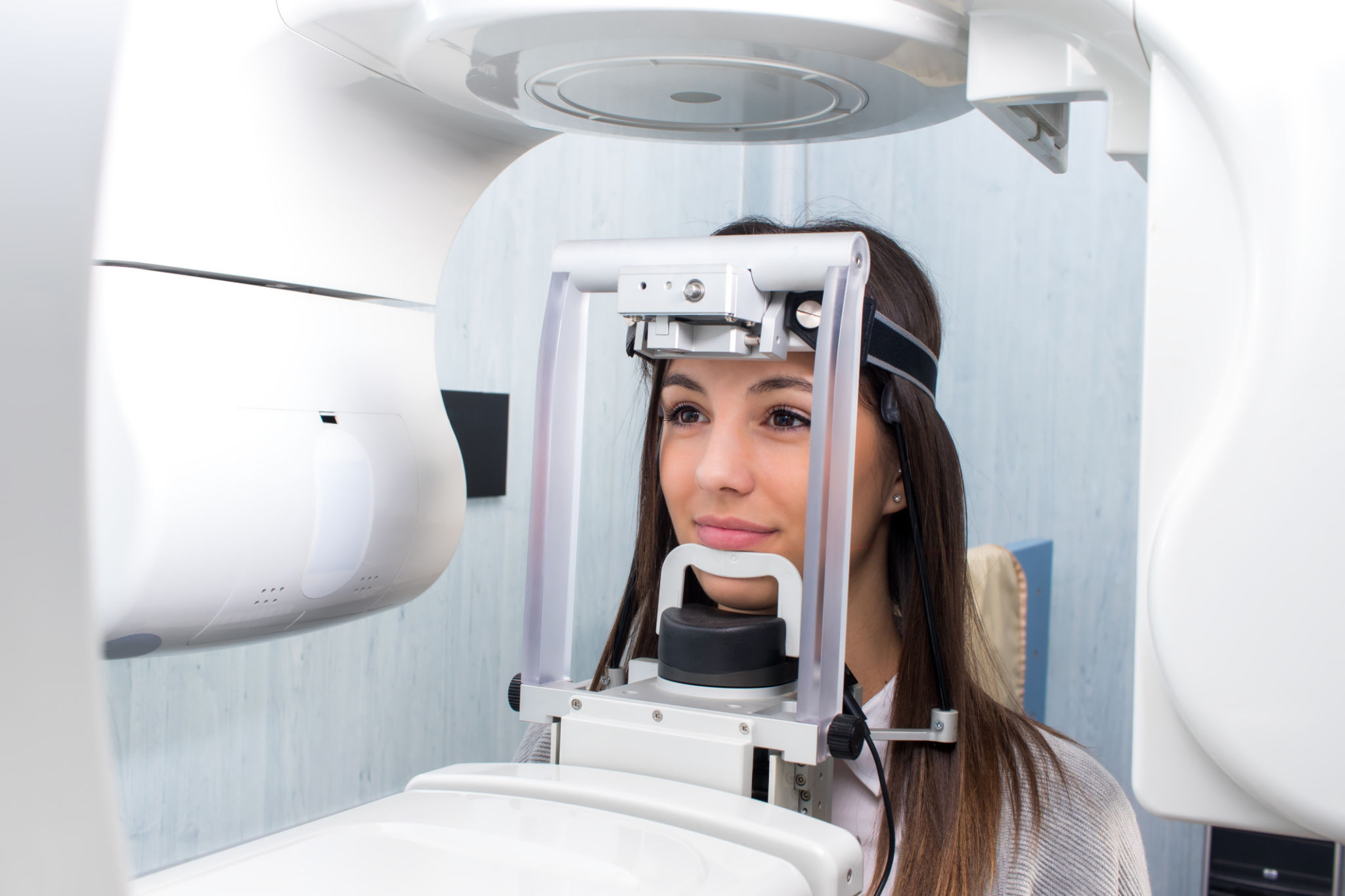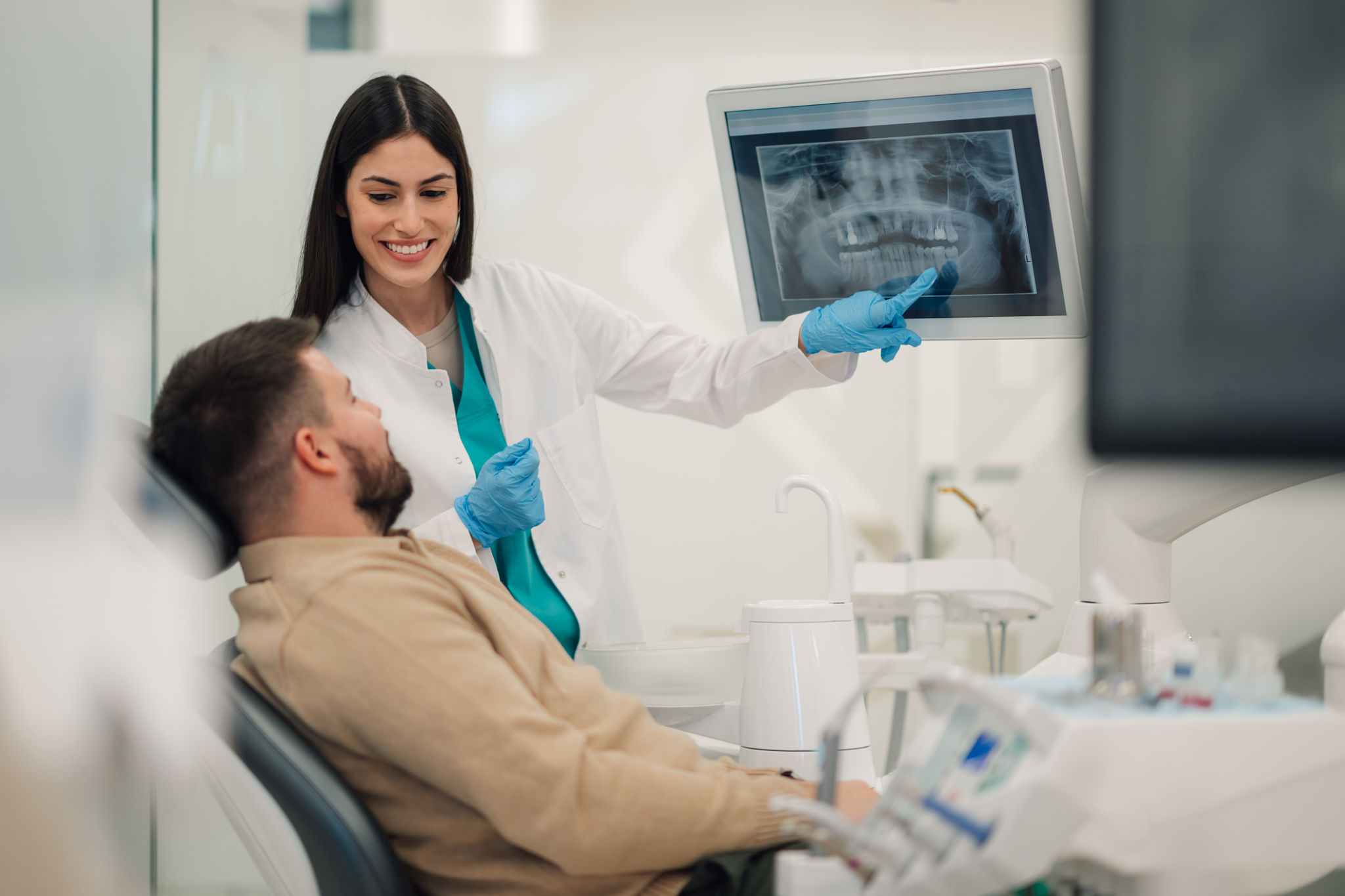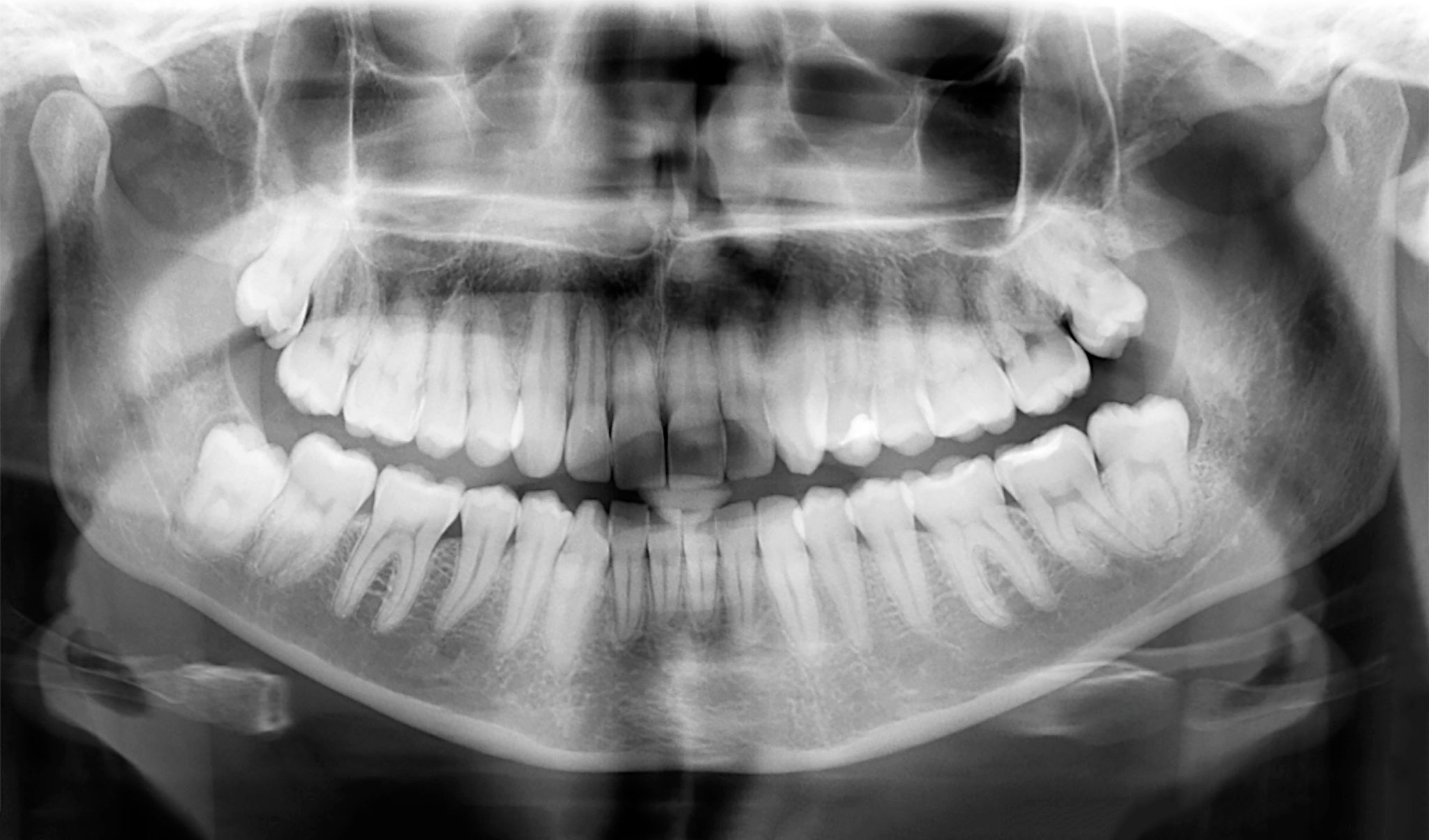The Ultimate Guide to Dental X-Ray Technology: What Cairo Dentists Need to Know
Introduction to Dental X-Ray Technology
Dental X-ray technology has seen significant advancements over the years, providing dentists with more precise and detailed insights into oral health. For dentists in Cairo, staying updated with the latest developments in this field is crucial for delivering optimal patient care. Understanding these technologies can enhance diagnostic accuracy and treatment planning.

The Evolution of Dental X-Rays
Initially, dental X-rays used traditional film-based methods, which required longer processing times and involved higher exposure to radiation. Today, digital radiography has transformed the landscape, offering faster results with reduced radiation. This shift not only improves patient safety but also streamlines the workflow in dental practices.
Benefits of Digital Radiography
Digital radiography offers several advantages over conventional methods. These include:
- Lower Radiation Exposure: Digital X-rays significantly reduce the amount of radiation patients are exposed to.
- Immediate Results: Images are available instantly, allowing for quicker diagnosis and treatment planning.
- Enhanced Image Quality: High-resolution images provide greater detail, enabling more accurate assessments.

Types of Dental X-Rays
Cairo dentists should be familiar with various types of dental X-rays to choose the most appropriate one for each case. The primary types include:
Bitewing X-Rays
Bitewing X-rays are commonly used to detect cavities between teeth. They also help in assessing bone levels and detecting any changes over time. These X-rays are typically taken once a year during regular check-ups.
Panoramic X-Rays
Panoramic X-rays capture the entire mouth in a single image, making them ideal for evaluating wisdom teeth, jaw disorders, and planning orthodontic treatments. These are particularly useful in comprehensive diagnostic procedures.

Advanced Imaging Techniques
Beyond traditional X-ray methods, newer imaging techniques like Cone Beam Computed Tomography (CBCT) are gaining popularity. CBCT provides three-dimensional images of teeth, soft tissues, nerve pathways, and bone in a single scan. This advanced technology is instrumental in complex cases such as implant planning and assessing pathological conditions.
Ensuring Patient Comfort and Safety
While technological advancements have made dental X-rays safer, maintaining patient comfort remains a priority. Dentists must ensure that protective gear, such as lead aprons and thyroid collars, is used to minimize exposure further. Additionally, explaining procedures clearly can alleviate patient anxiety.

Conclusion
As dental technology continues to evolve, staying informed about the latest advancements in X-ray technology is essential for Cairo dentists. Embracing these innovations not only enhances diagnostic capabilities but also improves patient outcomes. By integrating modern technologies into their practice, dentists can offer more efficient and effective care to their patients.
